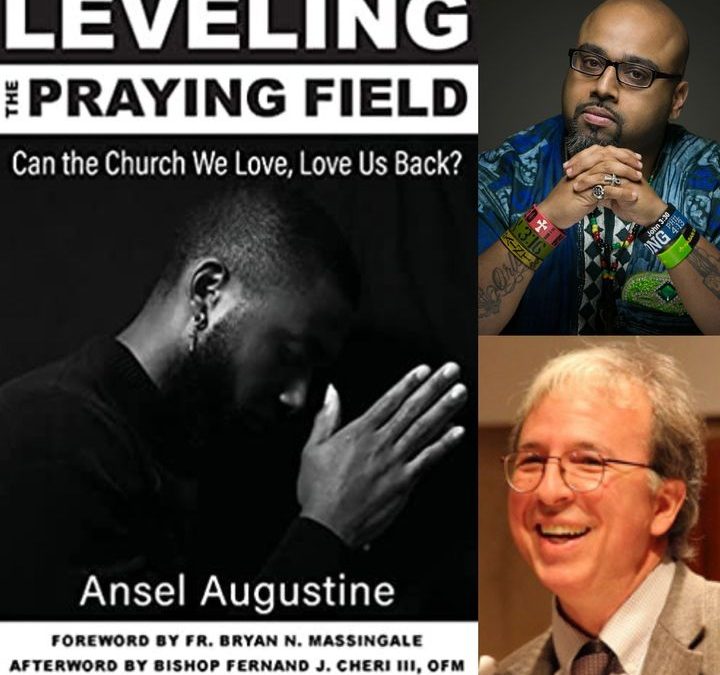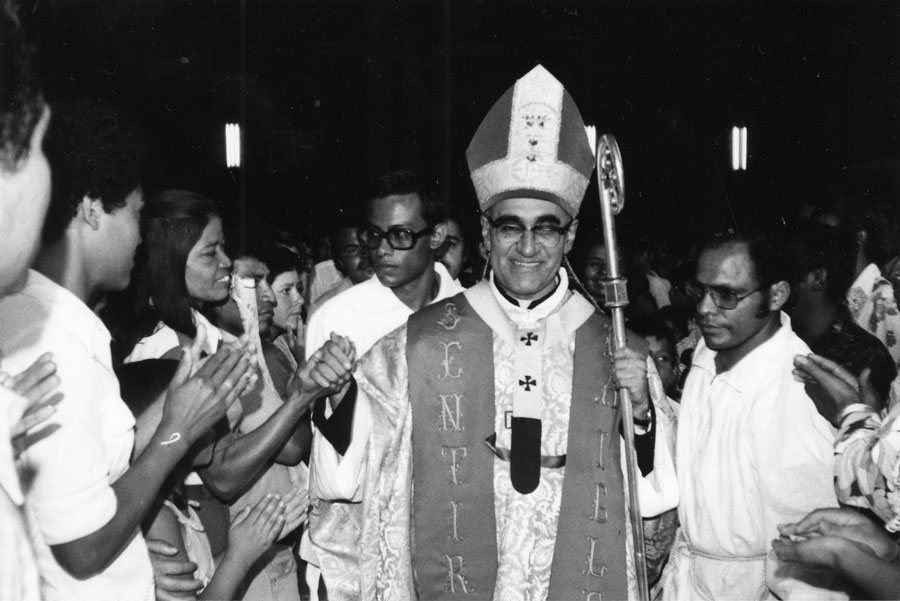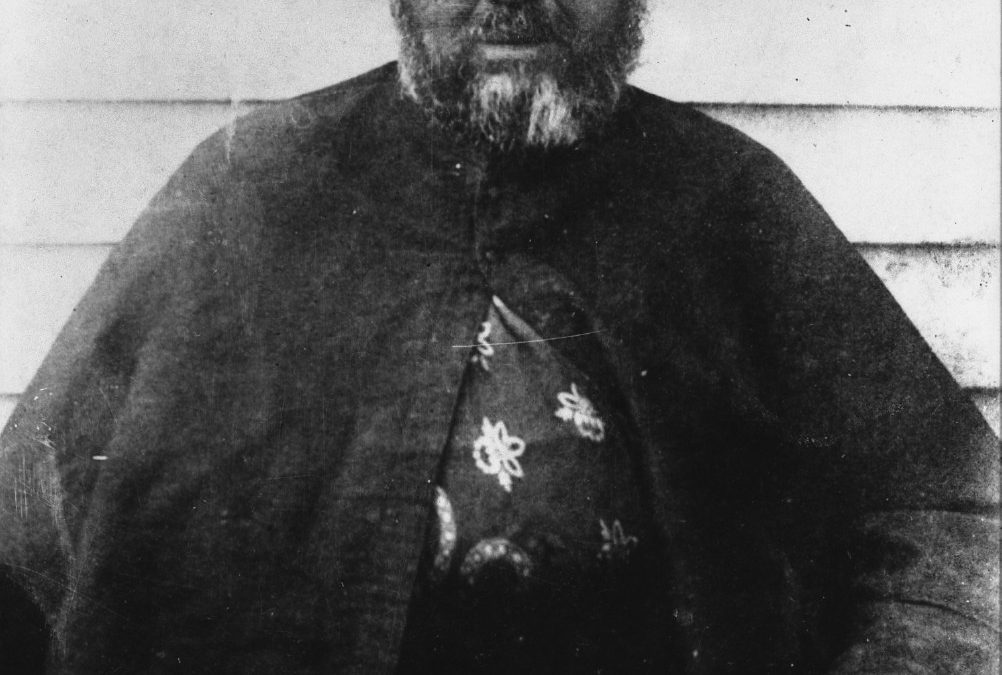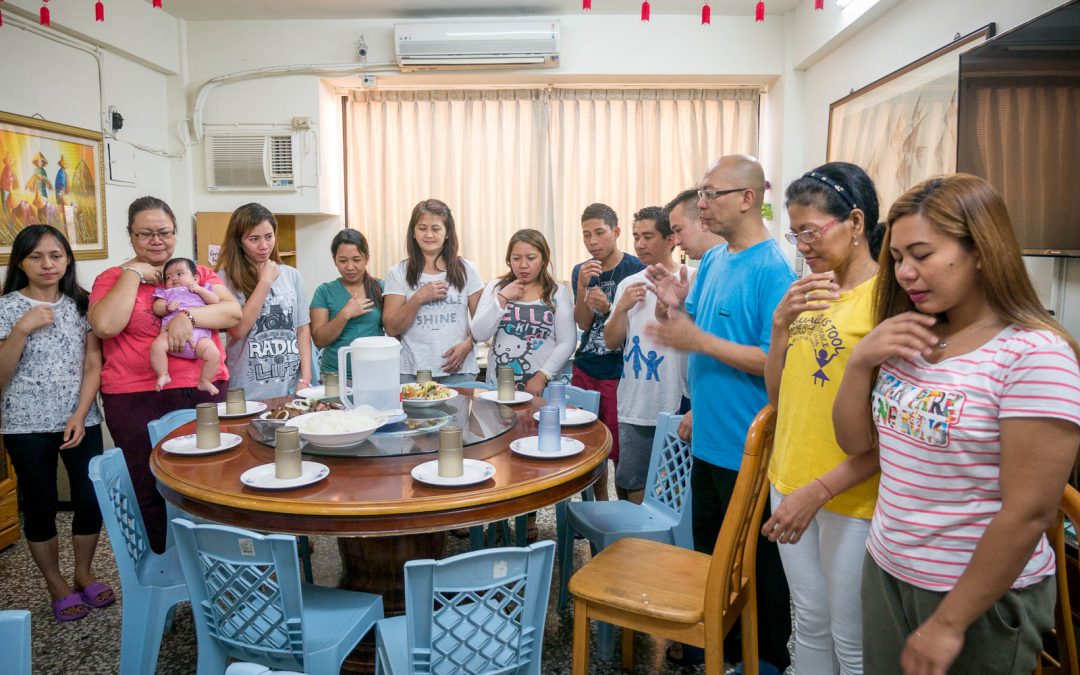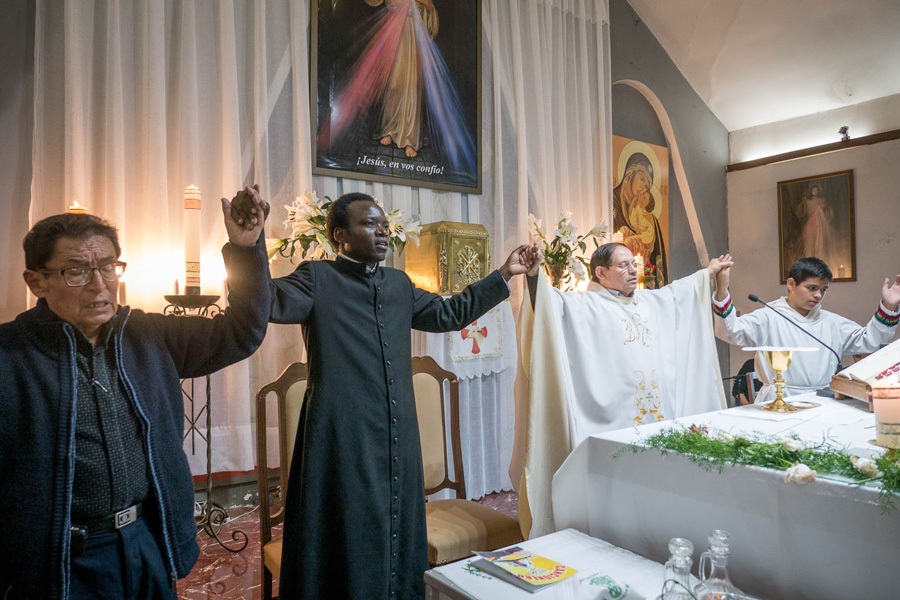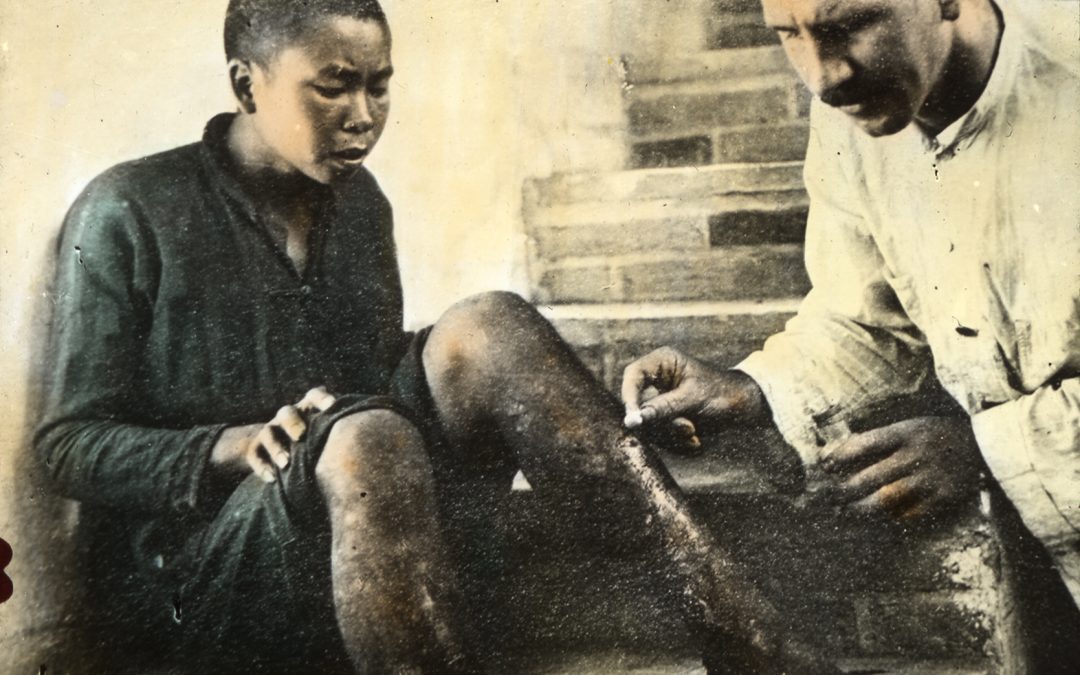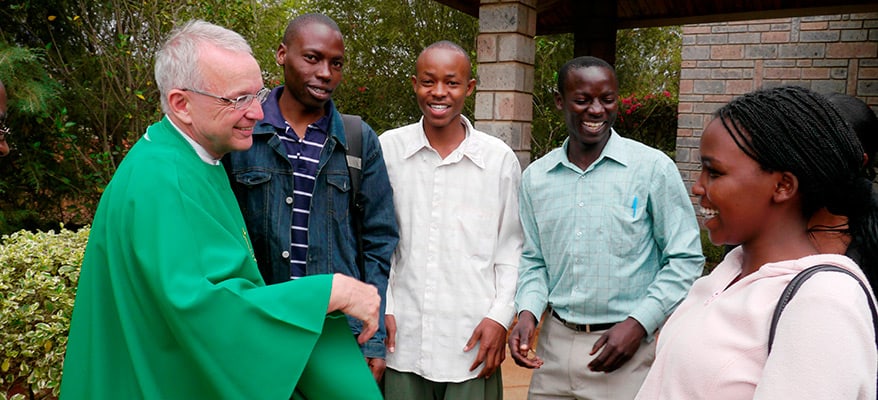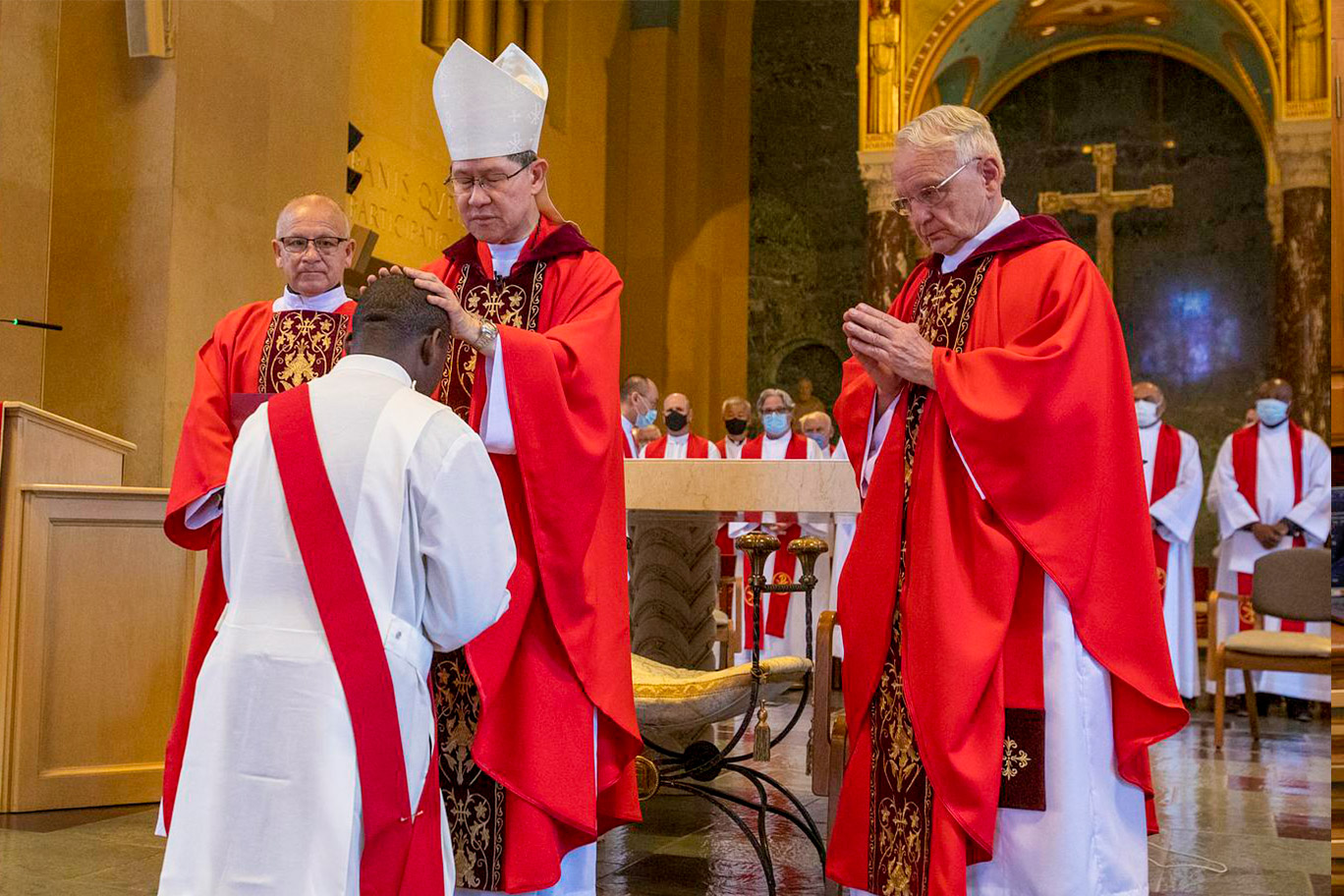Today’s Gospel from Saint Luke, also used for the feast of Saint Martha, probably reflects a typical scene from the life of Jesus. He had a very close friendship relationship with Martha, Mary, and Lazarus, often going to their home in Bethany to relax, enjoy their company, share some of Martha’s good cooking, and simply rest from his demanding ministry activities.
Saint Luke presents Mary seated near Jesus and listening to him. Martha, being a good host, is busy with all the demands of hospitality. Understandably, she becomes upset that Mary seems to be taking it easy and leaving all the work to her. Jesus lovingly cautions Martha not to be overly concerned about all the details of serving.
Exploring Jesus’ Message. Is Jesus rebuking Martha, even disregarding her concerns, when he says that Mary “has chosen the better part”? Certainly not! He is gently reminding Martha to keep everything in balance, to fulfill one’s daily duties (work, cook, wash, clean) and still remain centered on Christ (time for prayer and reflection). This is captured well in the Benedictine motto: ora et labora, prayer and work.
Whatever our state in life (married, single, or religious), we need both prayer and work in order to fully live the Christian life, to accomplish our mission. If we as active evangelizers were to embrace prayer without also performing the tasks inherent in our Christian calling, we would stagnate. When guided by God’s will, our labors bring us closer to him.
Likewise, our daily mission work loses its meaning if it is not grounded in prayer, meditation, and reflection. Everything in our lives is not under our control; we cannot do anything except through the grace of God. Before we begin our daily tasks and missionary service, we must first turn to God in prayer. Then, rooted in God’s love, we can more effectively carry out our mission in life.
Seeking Genuine Integration. Personally, I have experienced the need for being both “active and contemplative” in my overseas mission experience. In addition, I have found that Saint Mother Teresa of Calcutta spoke insightfully about the prayer-work dynamic. She would say that we must see the inseparable twofold presence of Jesus, in the Bread of Life (Eucharist) and in the distressing disguise of the poorest of the poor.
Mother Teresa continues: “Just as Jesus allows himself to be broken, to be given to us as food, we too must break, we must share ourselves with others.” According to Mother Teresa, our spiritual life, especially the Eucharist, keeps us zealous, fervent, and enthusiastic in our daily duties. In a word, the love of Jesus will shine through our lives of service.
Contemplatives in Action. This simple phrase which we all have heard expresses our calling to an integrated Christian life, combining the spirit of both Martha and Mary in our daily lives. We seek to rise to this beautiful challenge!
James H. Kroeger, M.M.
16th Sunday in Ordinary Time
Lord Jesus, teacher and redeemer,
sitting at your feet may I always
learn to love and serve you
no less in the poor, sick and oppressed
than in my neighbor and in everyone
I meet along the way.
Like incense let my prayer rise unceasingly
to your throne in heaven as much in my silences
as in my words that my every thought, word and deed,
might redound to your glory and may my service
speak as much of your praises as do my supplications.
Merciful master, whether I serve or pray
may I do it out of love for you and gratitude
for all you have done and given to me.
I offer you my thoughts, my prayers,
my service and my suffering
to do with as you will.
Honored to play even the smallest part
in announcing and building your Reign
here on earth. In your Name.
Amen.
By Fr. Joseph Veneroso. M.M.
